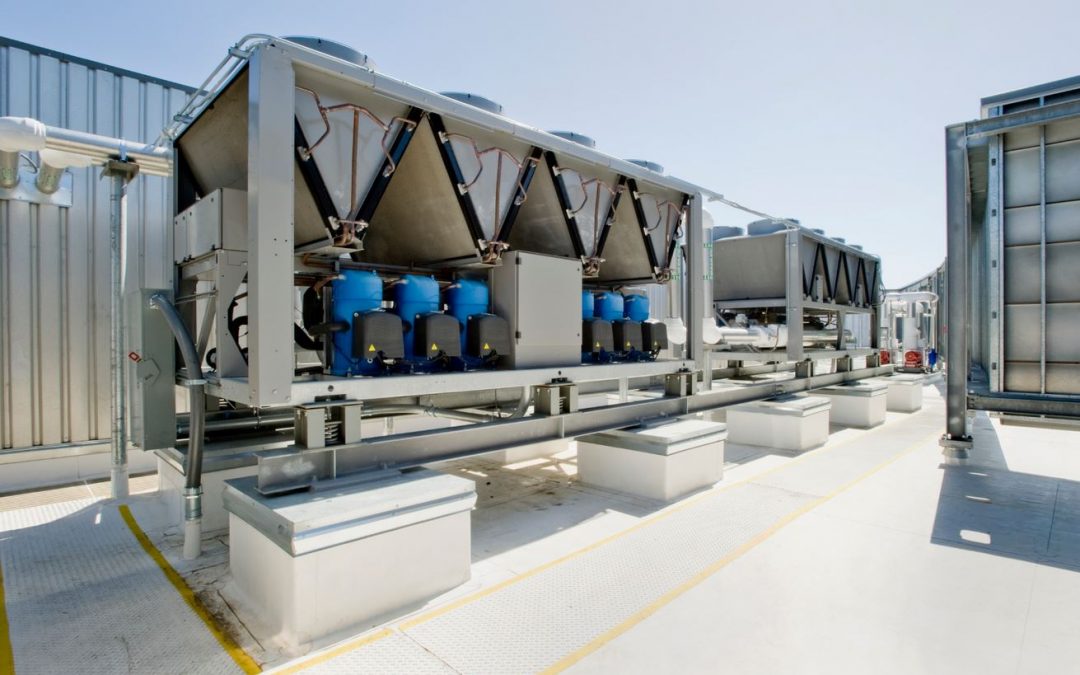Heating, ventilation and air conditioning (HVAC) systems have gained entry to many homes and business premises in the recent years. In fact, the sales of HVAC systems have been ever increasing since its introduction into the market. As the technology advances, the HVAC industry has changed tremendously. Also, the regulations and government policies have played a significant growth in the HVAC industry.
The heating and Air-conditioning (HVAC) industry has been influenced by the rise in the construction industry. The HVAV sales have recorded increased sales due to the rise in the new installations in the residential and commercial premises. For instance, the past five years has seen the boom in the construction industry due to the increase in economic activity.
Technology Plays a Big Role
Technology has been the leading driving factor on the growth of HVAC sector. In fact, this is one the fastest-growing technology sectors. As the competition increases, the manufacturers are forced to design more innovative HVAC systems to comply with the ever-changing standards.
Also, the emergence of internet technology has played a significant role in the growth of the HVAC sector. In the recent years, the manufacturers have manufactured HVAC systems that can be easily automated. This has enabled business owners to utilize smart ventilation systems, smart thermostats, and smartphone applications. In this case, the sector has recorded a tremendous growth as the Internet technology allows the business and home owners to manage the energy use.
Recent Changes in Marketing Tech

HVAC companies have to keep up with the times and design good experiences across multiple devices.
Recently, most HVAC contractors have adopted the mobile technology to offer maintenance services to the customers. One such example of this is Turners Service Co Inc HVAC Company in Manassas Va, who recently revamped their website to offer a better experience to mobile users. That is why the sector has recorded a sharp growth in 2016. In this case, the contractors now provide more efficient and personalized service to the customers. The number of HVAC contractors has tremendously increased. However, fitting new equipment requires expert knowledge in the industry. Therefore, the growth of HVAC sector has led to the introduction of specialized courses aimed at equipping technicians with the relevant skills for the job.
Moreover, the regulatory bodies have caused an impact in the HVAC industry. These HVAC regulatory bodies include GCC Standardization Council, LEED Certification and Arab Energy Efficient Building Regulations. In this case, the most manufacturers have complied with the regulations by designing energy efficient systems set the regulatory bodies.
The reports show that the global HVAC sector will continue to record substantial growth in the future. This is attributed to the projected growth of the global construction industry. Each HVAC company aims at dominating the global scene. On the other hand, the manufacturers will strive to develop better HVAC design to stay ahead in the competition.
The recent growth of HVAC sector has prompted many companies to invest in research and development of new products. The new designs will attain lower emissions, better energy ratings, and lower utility bills. Also, the increase in population will create a potential market for the HVAC products.
Conclusion
In the recent years, HVAC industry has witnessed an impressive growth in the number of sales around the world. Moreover, the HVAC manufacturers have constantly improved their products to comply with the stringent standards in the industry. The advancement of technology and increase in the construction sector has spurred the growth of HVAC industry in the recent years.







